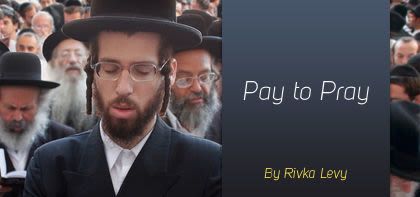
Pay to Pray
So many grown adults, ‘religious’ Jews, even Chassidic Jews, don’t know what they are missing. They don’t know that prayer can take you to a higher place...

When I was around seven or eight, my (then) very secular parents decided to start keeping Yom Kippur. My dad is Sephardi, and by the Sephardim, whatever they decide to do, they do it properly. So me and my six year old brother were told we couldn’t eat all day. Not only that, we couldn’t watch TV or turn lights on and off. Not only that, we had to walk three miles there and back to our nearest orthodox synagogue; and then sit down for hours while people chanted something in a strange language we didn’t understand.
To say I didn’t find the whole experience ‘fun’ would be a bit of an understatement. I did my best to avoid going to synagogue on Yom Kippur from that day on. When my parents made proper teshuva when I was 16, we once again got carted off to synagogue, this time every week, but I enjoyed the experience a lot more.
I’d started to learn a bit more about what was going on, which made it easier. I also met a few nice people, who made me feel very welcome and more part of things. Probably just as importantly, there was a great Kiddush! Hot knishes, cakes, biscuits, fruit platters, you name it. (OK, quite a shallow reason to like going to synagogue, but I was a teenager…)
But the praying bit never really appealed to me. I never went to a Jewish school, so the Hebrew came very hard to me. I also have a bit of a perfectionist streak, and because I didn’t know exactly when to bow, or what to do, I preferred not to put myself in situations where I could do something wrong or look stupid.
As a grown adult, I tried to go to synagogue more, particularly on the high holy days. I tried to keep up in the book, which was painstaking because if I lost my concentration for even half a second, I lost the place and had no idea where we were or what was going on.
Then the kids came along, Baruch Hashem, and I had a legitimate reason why I could skip going to synagogue, and skip all the formal prayers. To be honest, it was an enormous relief.
So it continued for years and years, until we moved to Israel, and started to learn about emuna, and about the whole idea of personal prayer, or talking to G-d in your own words and your own language.
I loved the idea of personal prayer right from the start, and I made a big effort to try and make it a part of my daily routine. I knew Jews were meant to pray. I knew I hadn’t been doing a good job of it and I never cracked open a siddur, but until I heard about hitbodedut (personal prayer) there didn’t appear to be any alternative to mumbling prayers I didn’t understand and had absolutely no connection to.
I started small, five minutes a day while I was doing the washing up, but from that small beginning, Hashem has helped me talk to Him pretty much every day for at least an hour – and I absolutely love it! If a day goes by when I haven’t done an hour of hitbodedut, I feel I missed out on a treat.
But praying in synagogue? With other people? From a book? Until this Wednesday, I still disliked it intensely. I make the effort to go on Rosh Hashanah, and to be in synagogue as early as possible and to stay until the end, but the whole process is not ‘enjoyable’. It’s a duty and obligation, even a burden, and I have to do my job.
But then, this Wednesday, G-d gave me an amazing glimpse of how different it could all be.
It was the last day of my trip to the Ukraine, and the four rabbis who were leading our group decided to go and do Hallel, the prayers 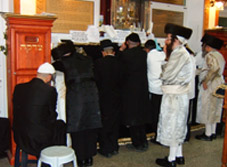 associated with the beginning of the new month, at the Baal Shem Tov’s rebuilt Bet Midrash in Medzibozh.
associated with the beginning of the new month, at the Baal Shem Tov’s rebuilt Bet Midrash in Medzibozh.
Only a small group of women came with – it was too much of an early start for most of the group, who’d had an exhausting few days of traveling and needed to rest.
The rabbis closed themselves off in the women’s section, behind a curtain, so that we woman didn’t have to worry about being looked at – and then I had one of the most sublime experiences of my life.
One rav played a guitar; the other a recorder; and everyone sang their hearts out. Usually, I find it fairly easy to describe how I feel about things, but to be honest, words fail me.
It was like floating in a sea of prayer; it was like being surrounded by musical light; it was like being transported off out of yourself, to a place where everything was joy, and light and holiness.
It was out of this world.
Our musical prayers seemed to have tapped in to some of the kedusha (holiness) and joy that’s particularly associated with the Baal Shem Tov, and chassidut. There, in his old Bet Midrash, I suddenly understood a little bit more about all the ‘rapture’ and ‘ecstasy’ that many Chassidic masters wrote about, when they were praying with their Rebbe.
None of us wanted it to end. But end it did, and as I floated out of the Bet Midrash and started walking back towards where we were staying, I felt a little bit sad. I wasn’t sad for myself; I was sad for all the millions of Jews whose experience of praying, and serving Hashem mirrored my Yom Kippur experience as a child.
I know so many people, grown adults, ‘religious’ Jews, even Chassidic Jews, that simply don’t even know what it is they are missing. They don’t know that prayer can transport you to another place; that Judaism is a present, a gift, from the A-lmighty; they don’t know about all the joy and happiness that’s hidden there, in our synagogues, in our prayer services, in ourselves.
If prayer was like that musical Hallel in the Baal Shem Tov’s Bet Midrash, millions of us would happily pay to pray. $50? $100? No problem! Sign me up, for the best experience of my life! No more kids going off the derech. No more talking in synagogue. No more intermarriage…
Rebbe Nachman’s tells a famous story about a man, Yosef, who dreamed that there was a great treasure buried under a bridge in the big city. He traveled to the big city to try and find the treasure, and was accosted by a policeman who asked him what he was doing. When Yosef told him about his dream, and the treasure, the policeman started to laugh hysterically, and told the man that he had a dream every night that a fabulous treasure was buried in the back yard of a man called ‘Yosef’ from town ‘X’, and so what?
The man, Yosef, immediately rushed back to his house, dug around his garden, and found the treasure.
I had to go to the Ukraine to find out how good, how uplifting, how nourishing, formal prayer can really be. But I’m lucky, because I live in Israel, and I know I can find it here too.
But if I was back in London? Or back in New York? Or back in Melbourne, or Toronto?
We all have that treasure buried in our souls. If we really want to find it, we need to travel to Uman, or travel to Medzibozh, and ask G-d to show us where to dig.



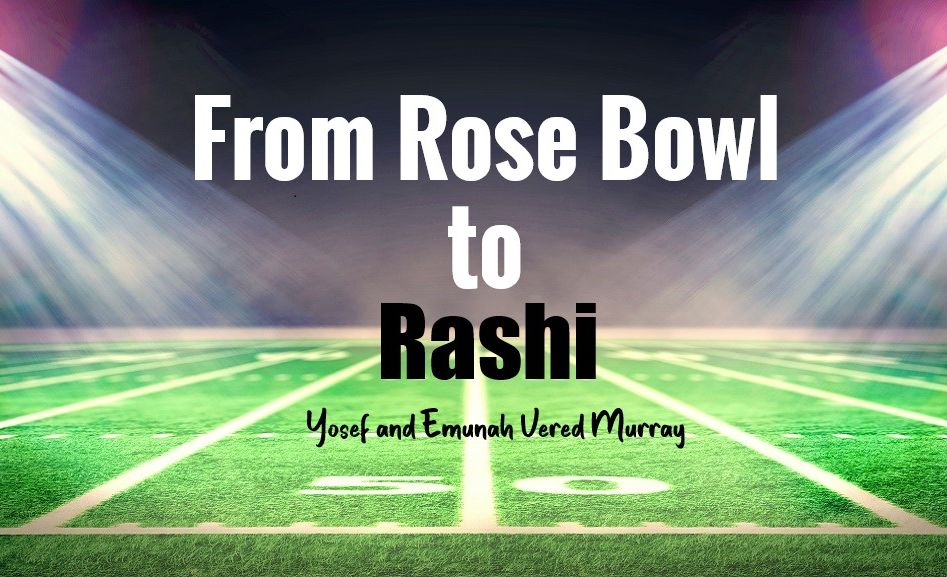
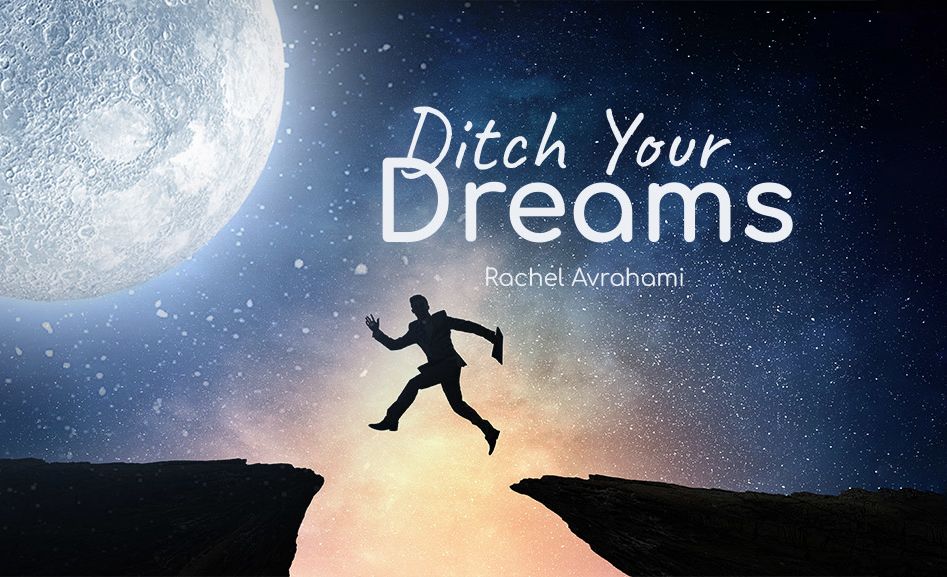
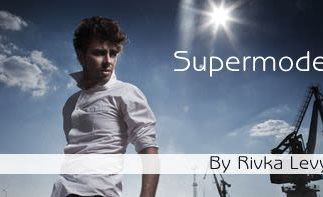
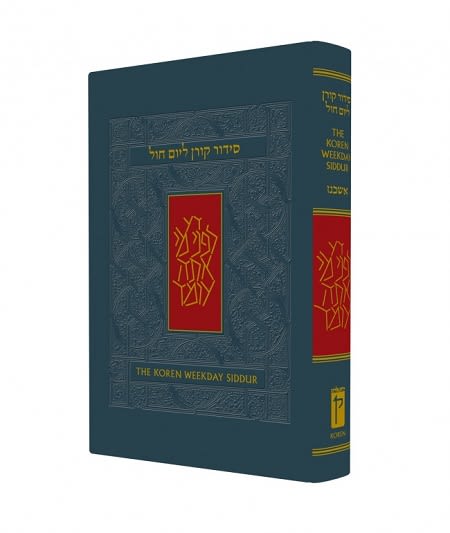
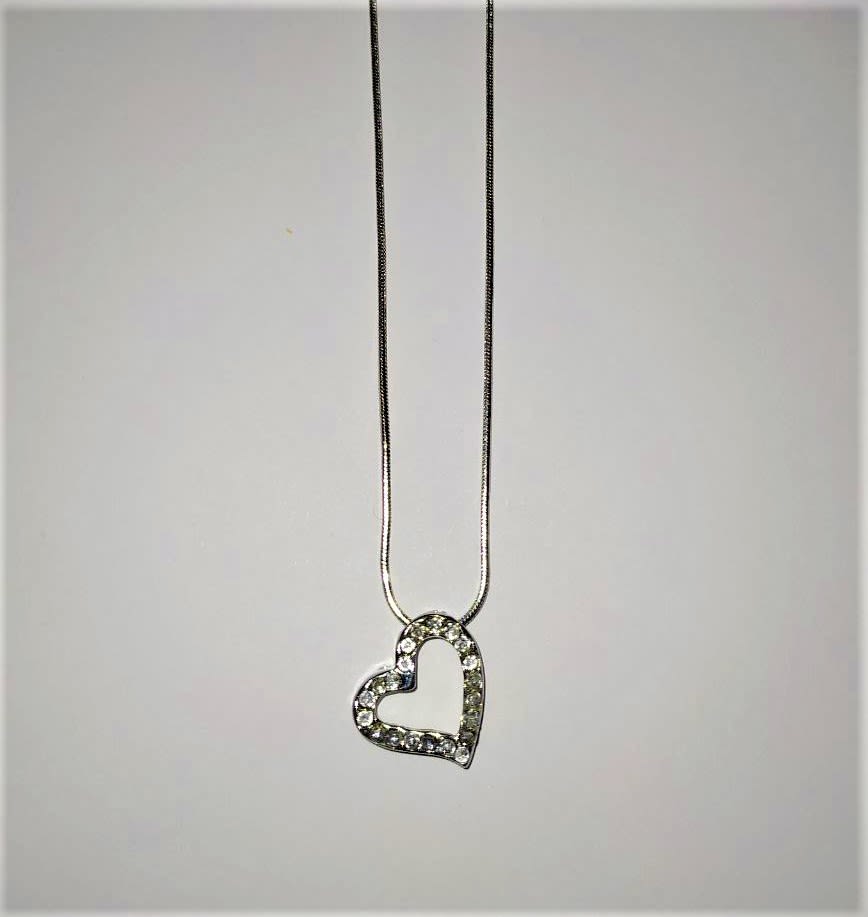
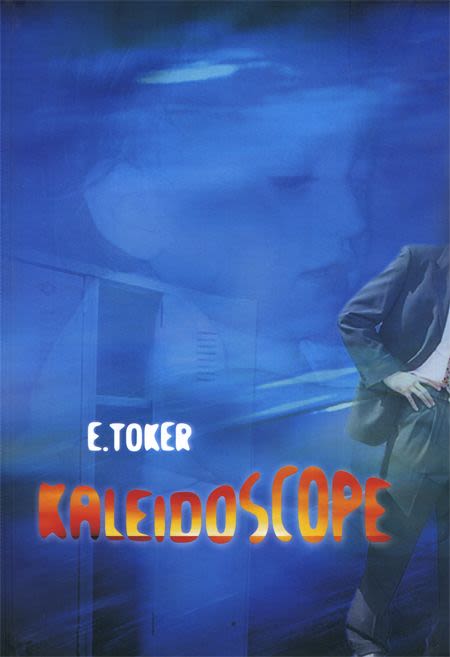
Tell us what you think!
Thank you for your comment!
It will be published after approval by the Editor.